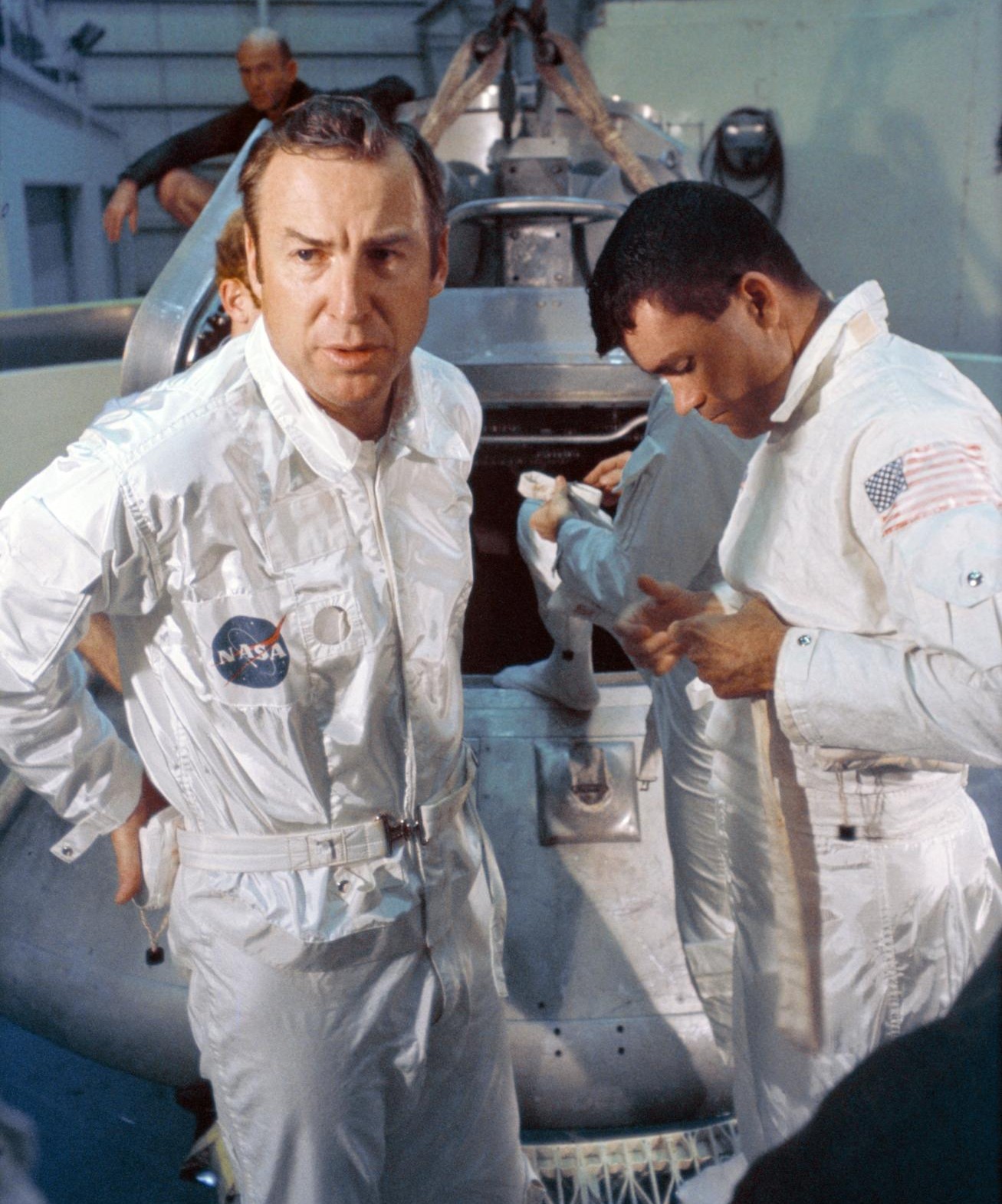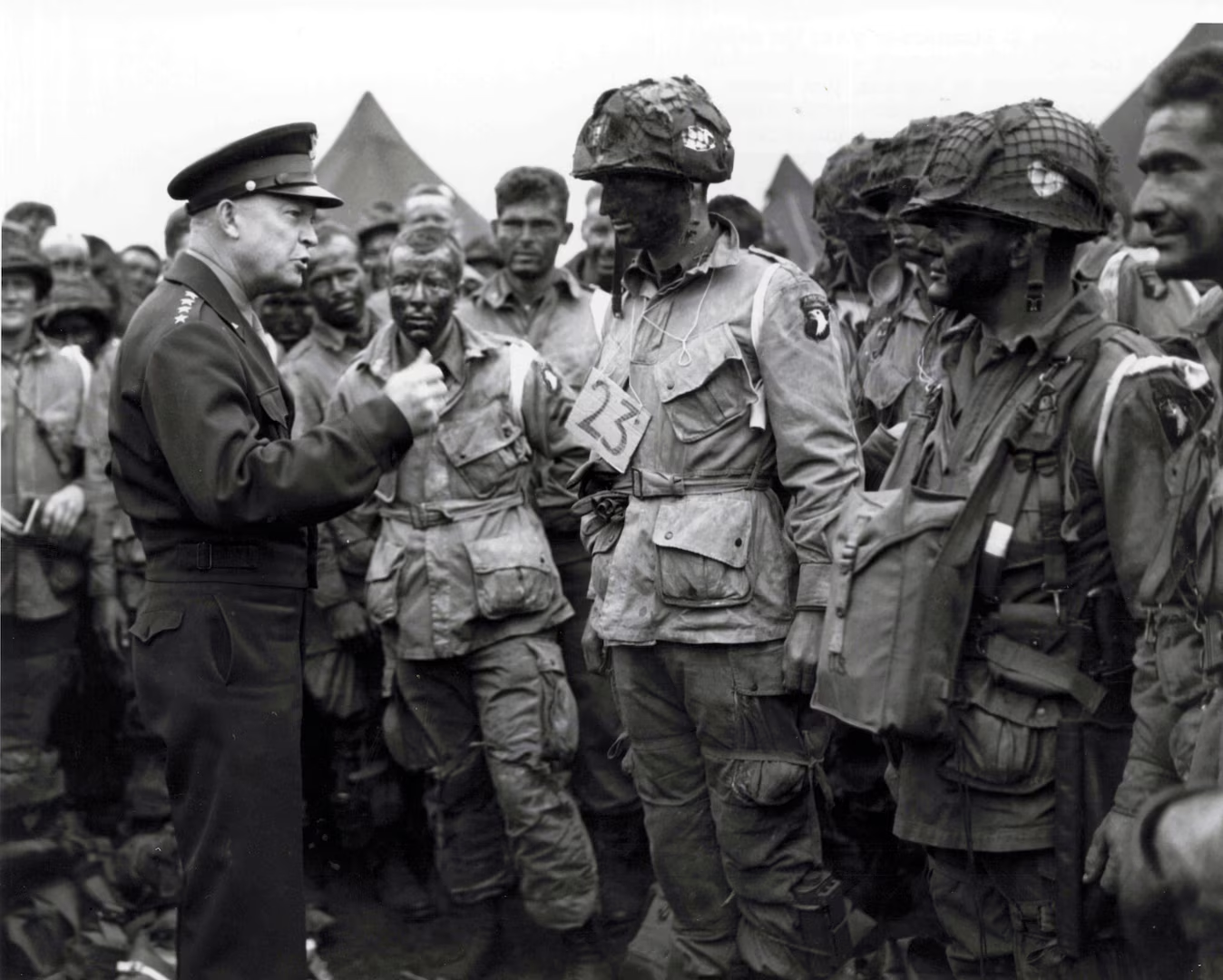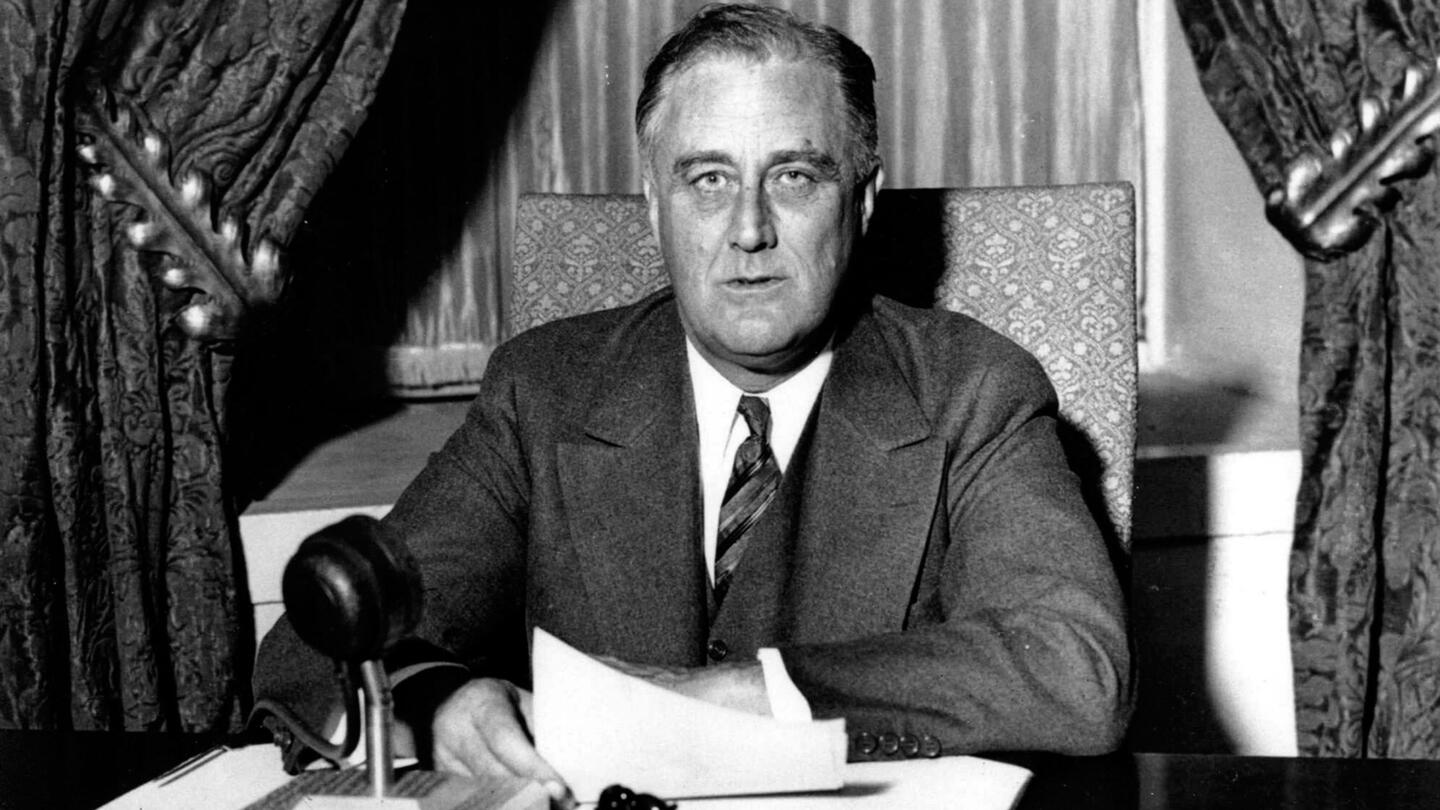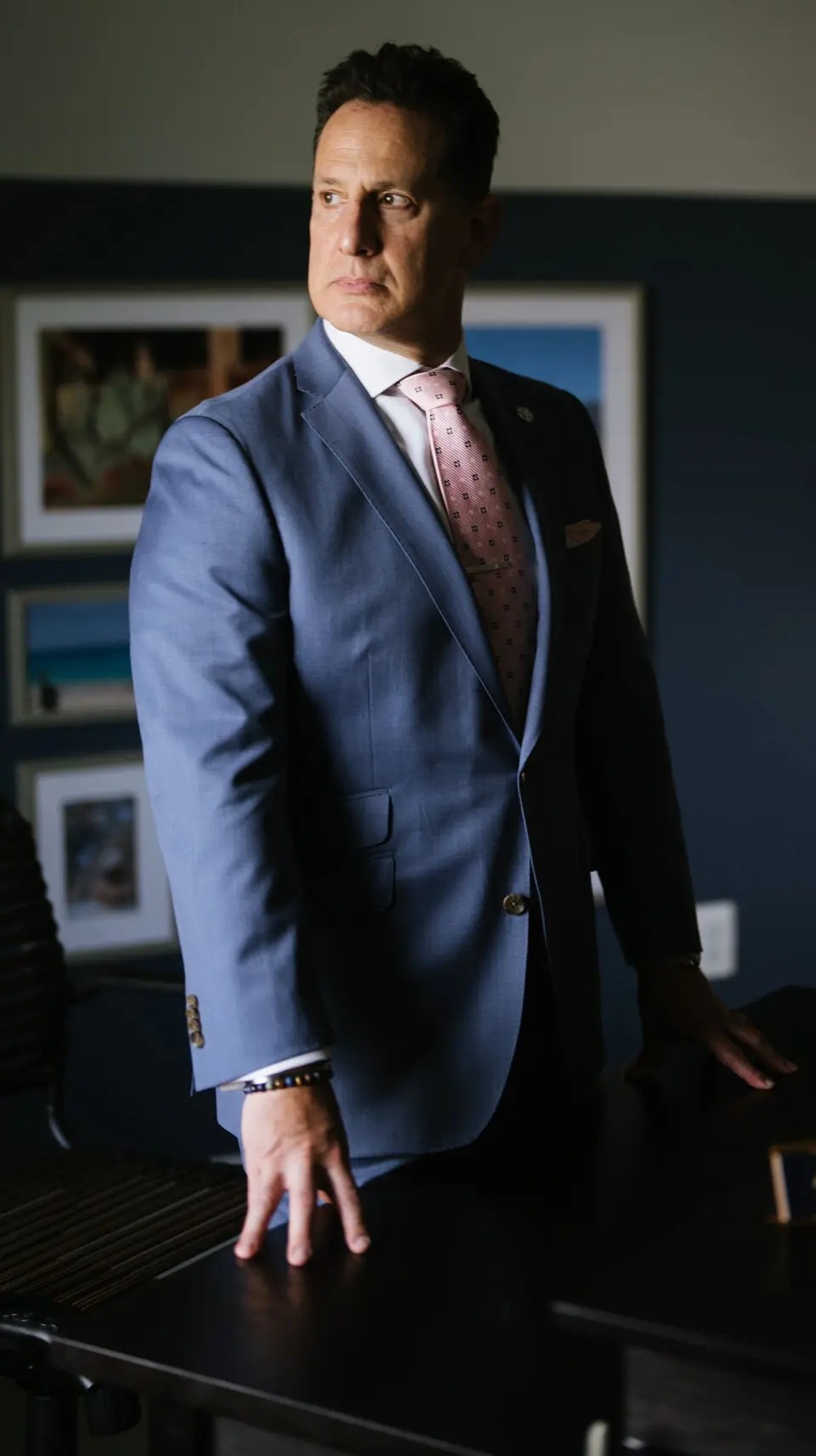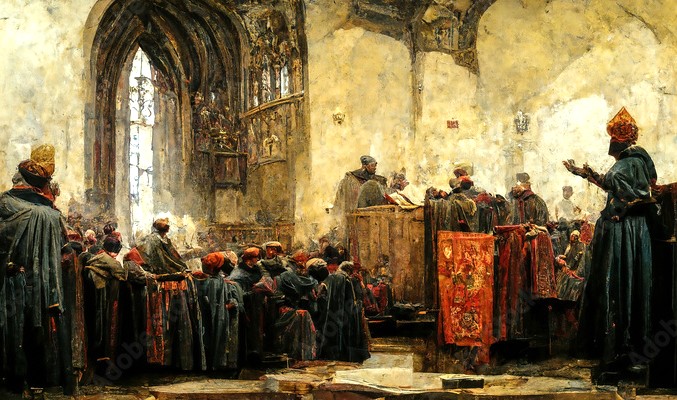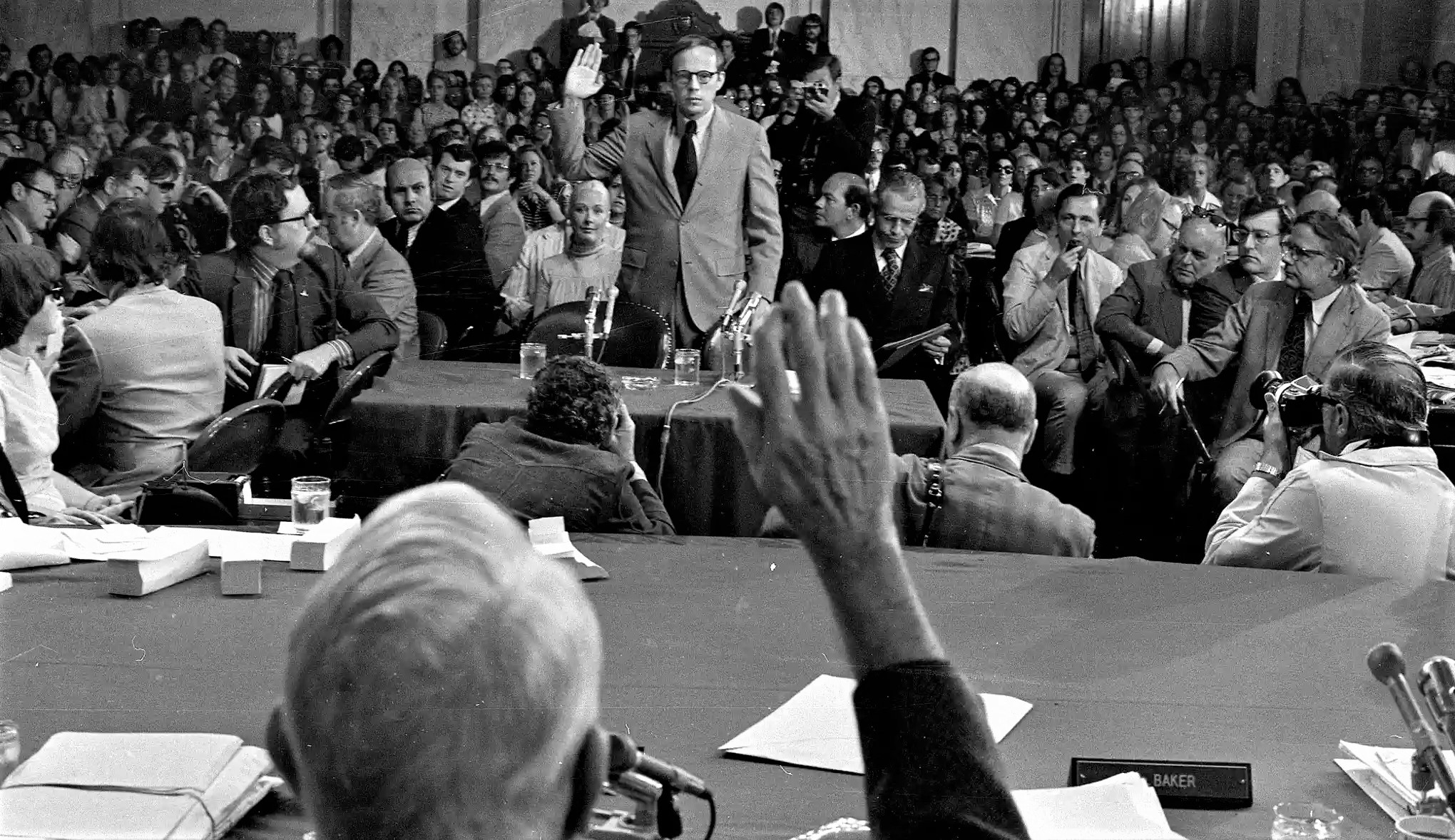“The blacklist was a time of evil… [Looking] back on this time…it will do no good to search for villains or heroes or saints or devils because there were none; there were only victims.” – Dalton Trumbo, Laurel Award acceptance speech delivered to the Writers Guild of America West, April 1970.
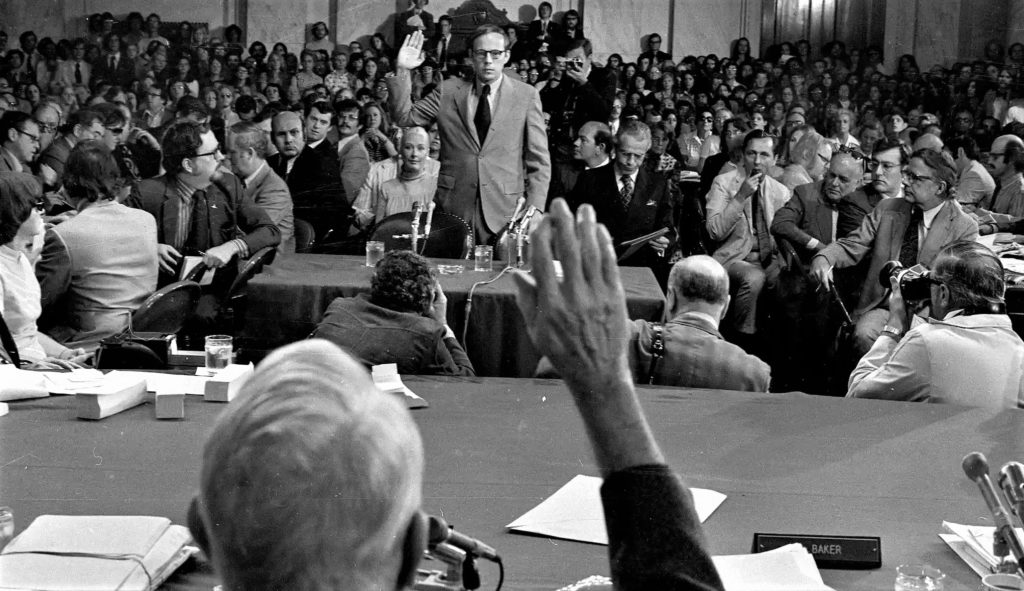
Photo: AP
Note: I will be live-streaming, @jimlichtman, on the January 6 hearings Thursday morning.
The first time I heard about the “blacklist,” I was enrolled in an American Jurisprudence class at USC. While many associate the name with Sen. Joseph McCarthy, The House Un-American Activities Committee was formed in 1938 to examine alleged disloyalty by citizens and government employees with ties to the Communist party, and the committee was determined to uncover and eliminate its influence in the US.
However, it was during the McCarthy era in the 50s that the committee’s activities would quickly devolve into a search for anyone whom McCarthy believed would pose a threat to national security. Those who were named and those called before the committee who refused to name others had become outcasts in their professional communities. Screenwriter, Dalton Trumbo was one of ten members of Hollywood’s film industry who defied the committees’ questions regarding their involvement and others whom McCarthy believed they knew were involved. When McCarthyism came to an end, the lives of many had been altered by many of his baseless claims.
However, McCarthy and his chief counsel Roy Cohn were reinforced by a complicity of silence from many in Congress. Maine’s Sen. Margaret Chase Smith was a courageous exception.
Nevertheless, through the use of false information and innuendo, McCarthy had exposed a darkness in America’s soul.
The first time I heard about Watergate, I was indifferent. I hadn’t heard of Woodward or Bernstein, or the significance of what was described as a “third-rate burglary” at a hotel in Washington, DC.
As we came to learn, the break-in was orchestrated by former CIA operative E. Howard Hunt. Hunt’s plan was to bug Democratic National Headquarters in the Watergate and learn about the Democrats’ election strategy and thus create their own strategy to discredit Democrats and reelect President Richard Nixon.
That was the plan. But after three attempts – yes, three attempts – Hunt’s plan failed spectacularly.
When Washington Post reporters Bob Woodward and Carl Bernstein began to reveal the truth, the Senate Watergate Investigative Committee began hearings on what was to become one of the greatest political scandals in US history.
The more information revealed by Woodward and Bernstein, the more the evidence piled up against Nixon. And the most consequential individual in those hearings was White House counsel John Dean who was in the middle of it all.
It’s hard to underestimate the significance of Watergate. It was the first time a US president actively conspired to subvert the process leading up to a presidential election. It was the first time a president was forced to resign from office because of his offenses. And, along with the lies exposed about the war in Vietnam, it was the first time Americans had become cynical about their government’s leaders.
But John Dean remained the centerpiece of the committee’s investigation.
Dean was young, just 31-years old when he became counsel to the President. But as the Watergate mess continued over the next two years, he would become a lot older. However, his testimony before the committee laid out much more than Watergate. He detailed Nixon’s abuses of power.
During Dean’s testimony, I sat before the TV wondering how someone could have such incredible memory, how he could be so detailed. But when it was discovered that Nixon had tape recordings of Oval Office conversations, Dean’s testimony was validated.
“It is a very difficult thing for me to testify about other people,” Dean said in his opening remarks before the Senate committee. “It is far more easy for me to explain my own involvement in this matter. The fact that I was involved in obstructing justice. The fact that I assisted another in perjured testimony. The fact that I made personal use of funds that were in my custody. It is far easier to talk about these things myself than to talk about what others did. Some of these people I will be referring to are friends. Some are men I greatly admire and respect.”
Over several days of testimony, John Dean came clean about what he knew, his involvement, and that of the president.
When all the truth was revealed by Dean and others and impeachment of Nixon was becoming more likely, Arizona’s Republican Senator Barry Goldwater went to the White House and confronted the President with the obvious.
Nixon “knew beyond any doubt that one way or another his presidency was finished,” Goldwater wrote in his autobiography.
When the end came for Richard Nixon, it was the integrity of Barry Goldwater and other Republicans that saved the country.
Upon taking the oath of office as the incoming president, Gerald Ford said, “My fellow Americans, our long national nightmare is over. Our Constitution works; our great Republic is a government of laws and not of men. Here the people rule.”
Then came Donald Trump.
Friday, the conclusion.
Comments




